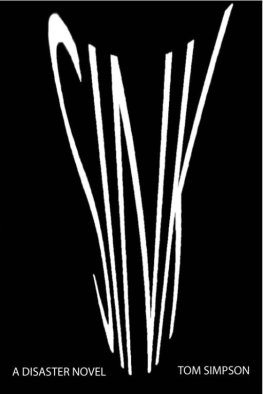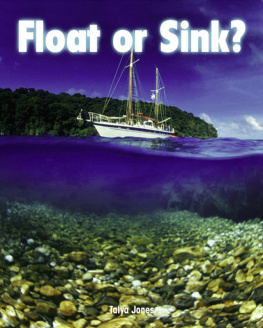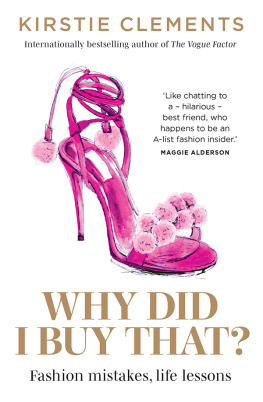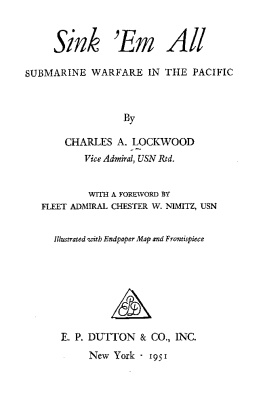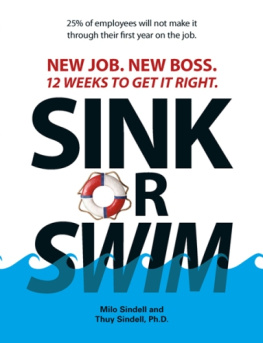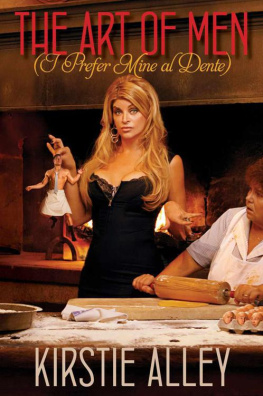IF EVERYONE RETURNED, THE ISLAND WOULD SINKPacific Perspectives
Studies of the European Society for Oceanists
General Editors: Edvard Hviding, University of Bergen, and Toon van Meijl, Radboud University
Oceania is of enduring contemporary significance in global trajectories of history, politics, economy and ecology, and has remained influential for diverse approaches to studying and understanding human life worlds. The books published in this series explore Oceanic values and imaginations, documenting the unique position of the Pacific region its cultural and linguistic diversity, its ecological and geographical distinctness, and always fascinating experiments with social formations. This series thus conveys the political, economic and moral alternatives that Oceania offers the contemporary world.
Volume 7
If Everyone Returned, the Island Would Sink
Urbanisation and Migration in Vanuatu
Kirstie Petrou
Volume 6
Pacific Realities
Changing Perspectives on Resilience and Resistance
Edited by Laurent Dousset and Mlissa Nayral
Volume 5
In the Absence of the Gift
New Forms of Value and Personhood in a Papua New Guinea Community
Anders Emil Rasmussen
Volume 4
Living Kinship in the Pacific
Edited by Christina Toren and Simonne Pauwels
Volume 3
Belonging in Oceania
Movement, Place-Making and Multiple Identifications
Edited by Elfriede Hermann, Wolfgang Kempf and Toon van Meijl
Volume 2
Pacific Futures
Projects, Politics and Interests
Edited by Will Rollason
Volume 1
The Ethnographic Experiment
A.M. Hocart and W.H.R. Rivers in Island Melanesia, 1908
Edited by Edvard Hviding and Cato Berg
If Everyone Returned, the Island Would Sink
If Everyone Returned, the Island Would Sink
Kirstie Petrou
First published in 2020 by
Berghahn Books
www.berghahnbooks.com
2020 Kirstie Petrou
All rights reserved. Except for the quotation of short passages for the purposes of criticism and review, no part of this book may be reproduced in any form or by any means, electronic or mechanical, including photocopying, recording, or any information storage and retrieval system now known or to be invented, without written permission of the publisher.
Library of Congress Cataloging-in-Publication Data
A C.I.P. cataloging record is available from the Library of Congress
Library of Congress Cataloging in Publication Control Number:
2019044659
British Library Cataloguing in Publication Data
A catalogue record for this book is available from the British Library.
ISBN 978-1-78920-621-0 hardback
ISBN 978-1-78920-622-7 ebook
To Phoebe and Floyd
Contents

1 Urbanisation and Migration
Rapid Change but Enduring Patterns
2 Subsistence Realities, Material Dreams
Rural Lives and Livelihoods
3 Its Like We Live in Town Already
Island Social Organisation
4 The Everyday Ordinariness of Mobility
Persistent Patterns of Rural Outmigration
5 I Just Came to Visit My Kin
The Evolution of Urban Permanence
6 Friends, Lovers and Stranger Danger
Urban Social Worlds
7 Living on Money
Urban Economic Life
Conclusion. Fluidity and Flexibility
A Generation of Paamese Migration and Urban Experiences
Figures and Tables

Figures
Tables
Acknowledgements

I am indebted to the Paamese community, who welcomed me with open arms and adopted me as one of their own. These are their stories, and I hope I have done them justice. In the course of my research, Alik Hopman and Rosita, Ruta and White Morsen, Marinet and Mesek, and their families all treated me as a sister and a daughter and went above and beyond to help me in any way they could. Tangkyu venuk. All names used in the text that follows are pseudonyms.
This book would never have been written were it not for John Connell, who introduced me to Vanuatu and continues to generously read and scribble on the various manuscripts I send his way. Thank you. From John, I travelled to Gerald Haberkorn, who unearthed boxes of decades-old field notes from storage and regaled me with tales of Paama from the early 1980s. Geralds generosity and hospitality added the valuable longitudinal view to this book. On the home front, Simon has continued to humour me in my academic pursuits, and cleared the house of children at critical moments, while Nan has provided an endlessly patient playmate for these same small, noisy people. Darren acted as a valuable second set of eyes during proof reading, reminding me why we have been friends for more than twenty years.
Some parts of the chapters that follow were derived from my previous publications, as listed in the reference list at the end of the book. In particular, some elements of use and adapt material from my article in Asian and Pacific Migration Journal 26, no. 1 (2017) published by Sage ( Scalabrini Migration Center).
Unless otherwise indicated, the photos that appear throughout the book were taken by me in 2011. The maps were skilfully drawn by David Tran of the Hugo Centre for Migration and Population Research at the University of Adelaide. This research was partially funded by AusAID. Thank you to Simon Cramp and the Governance for Growth team in Port Vila for their assistance.
Introduction

When August was fifteen years old, he left his small home island of Paama to attend a wedding in Port Vila, the capital of Vanuatu. After the celebrations ended, Augusts uncle did what all urban kin should do, and found him a job in town. Twenty-five years later, August was living in one of Vilas many informal settlements, married to a woman from a different island and still working for the same employer. While most of Augusts children lived with him in Vila, one daughter lived on Paama with her uncle, who was caretaking the familys rural assets. Augusts other children had limited knowledge of their rural home and spoke little of the Paamese language, preferring instead to communicate in Bislama, the Pidgin English that is Vanuatus lingua franca. Unlike many of his kin, August held steady employment as airport ground staff, meaning he was able to slowly stockpile materials for the permanent house he planned to one day build in town. He dreamed of eventually returning to Paama, but first he had various goals to achieve, such as putting his children through school and setting himself up as a successful businessman on the island, the phrase that most Paamese use to describe what they perceive of as home. Yet, marrying a wife from a different island inevitably made return difficult. August had benefitted from his life in town, but believed island life was superior and longed for the simpler ways of his rural village.








